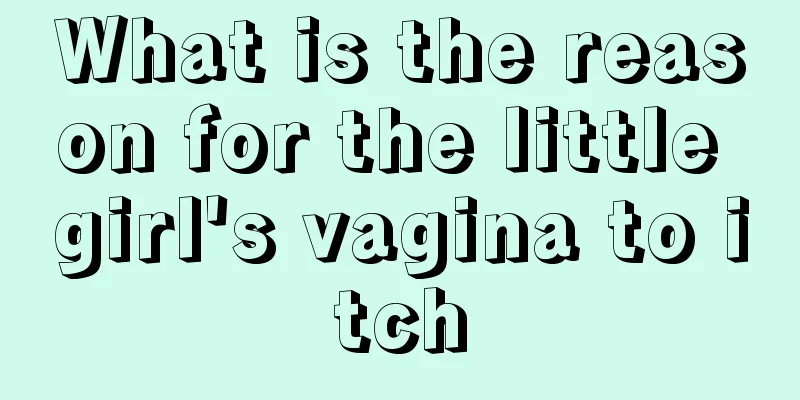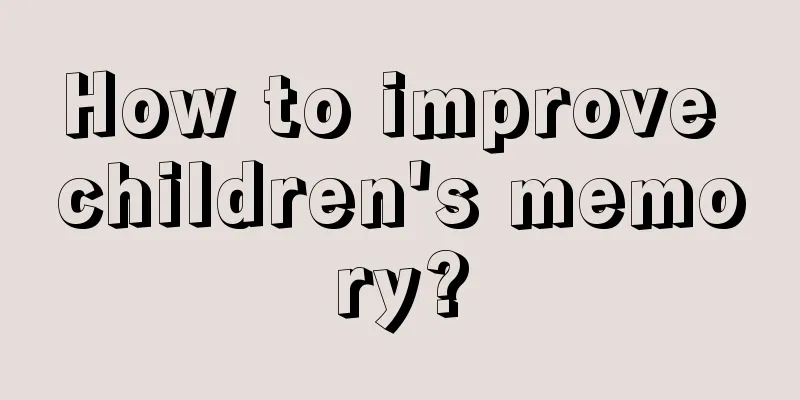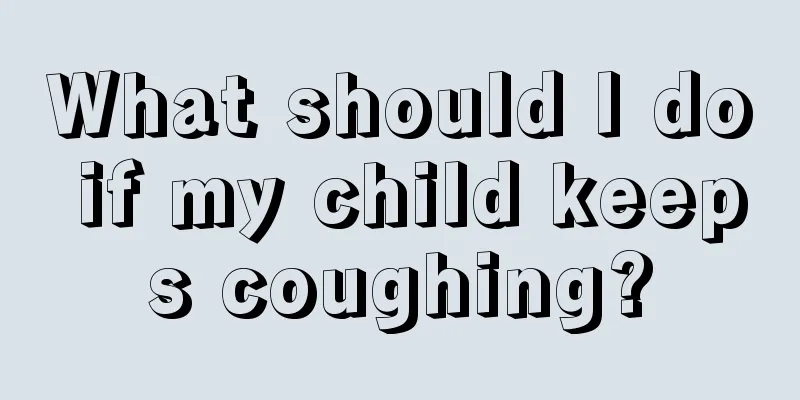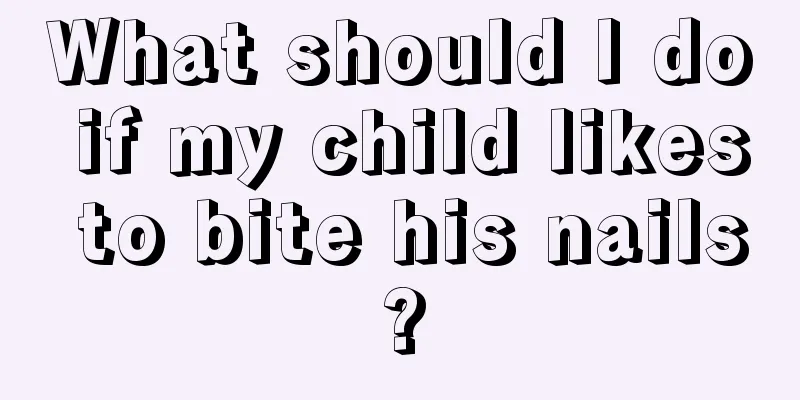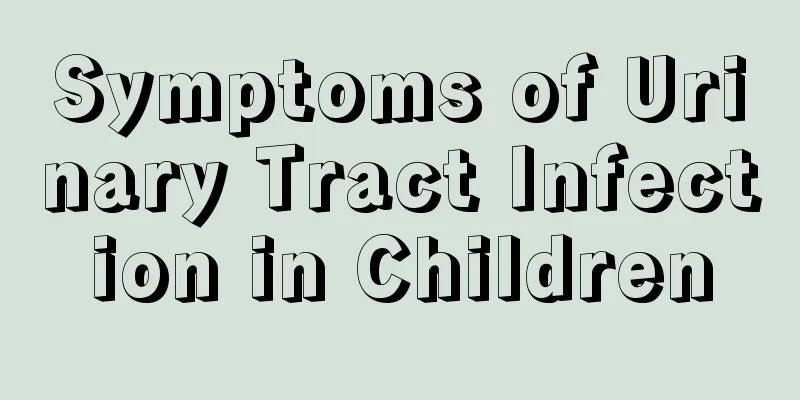How to care for children with facial paralysis? These 3 points must be achieved!

|
If you find that a child has facial paralysis, don't rush to draw conclusions. First, you should conduct a careful examination. When the child is sleeping or relatively quiet, you can carefully observe whether the two sides of the child's face are symmetrical. Then check whether the child's taste and movements are the same as those of a normal adult. In order to further confirm the diagnosis, you can go to the hospital for a detailed examination. 1. Psychological care Most patients suffer from sudden onset of the disease, and inevitably experience tension, anxiety, and fear. Some are ashamed to see people because of fear of facial changes, and some are left with sequelae due to poor treatment effects. At this time, we must patiently explain and comfort the patients according to their different psychological characteristics, relieve their tension, stabilize their emotions, and keep their bodies and minds in the best condition to receive treatment and care, so as to improve the treatment effect. 2. Eye protection Because the eyelids do not close completely or cannot close, the blinking action and corneal reflex disappear, and the cornea is exposed for a long time, it is easy to cause intraocular infection and damage the cornea. Therefore, eye protection is very important. Reduce the use of eyes, wear sunglasses for protection when going out, and at the same time, put some lubricating, anti-inflammatory, and nutritional eye drops. Wear an eye mask or gauze block for protection when sleeping. 3. Local care Hot compress to dispel wind: apply ginger powder to the paralyzed side of the face for 1/2 hour a day; apply warm and wet towel to the face, 2-3 times a day, and massage the affected side by yourself in the morning and evening. The force should be appropriate and the location should be accurate. As long as the muscles on the affected side can move, you can frown, close your eyes, whistle, show teeth, etc. in front of the mirror. Do each movement for 2 or 4 eight beats, 2-3 times a day. This is very important to prevent atrophy of paralyzed muscles and promote recovery. In addition, patients with facial paralysis should be careful not to wash their faces with cold water, avoid direct exposure to wind, pay attention to weather changes, add clothes in time, and prevent colds. |
<<: How should children take care of their oral health?
>>: What are the main symptoms of rhinitis in children?
Recommend
At what age is breast development normal for a little girl?
Recently, many female friends have experienced po...
Why does my child’s ear become red and swollen?
People often experience swollen and painful earlo...
Is hand, foot and mouth disease easy to treat?
After contracting hand, foot and mouth disease, t...
Why can't my two-year-old baby walk? Reveal the truth for you!
If a baby still cannot walk when he is two years ...
What causes white tongue in children?
Everyone is very concerned about children’s disea...
Why is the child's face red?
Children's skin is more fragile and can be ea...
Can children eat grapefruit?
Autumn and winter are here, and grapefruit and ot...
What is the cause of a sudden fever in a child?
It is a common situation for parents that their c...
Why is the newborn's urine yellow?
Many young parents have no experience in raising ...
Symptoms of calcium deficiency in 9-month-old babies
9-month-old babies are in the toddler stage, and ...
How to correct hunchback in children
Children with hunchbacks will make our parents pa...
How to care for your baby with viral cold and fever
Viral cold is a disease that babies are more like...
What is the cause of a hard lump on the sole of a child's foot?
Many parents will find that their children have h...
Why does the baby's brain space widen?
Widening of the intercerebral space is a common h...
How many times a day does a baby with milk powder defecate
A baby is a new member of a family and a brand ne...
